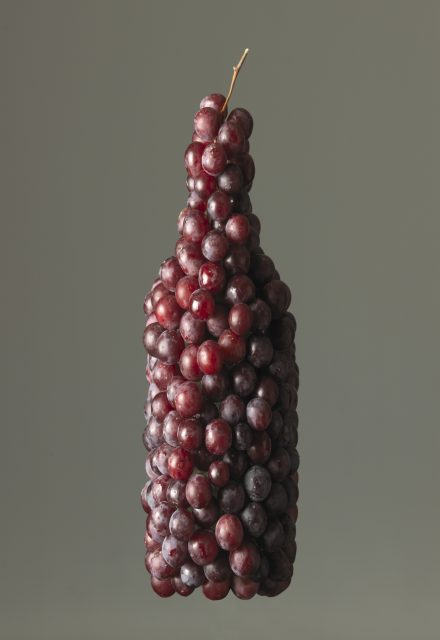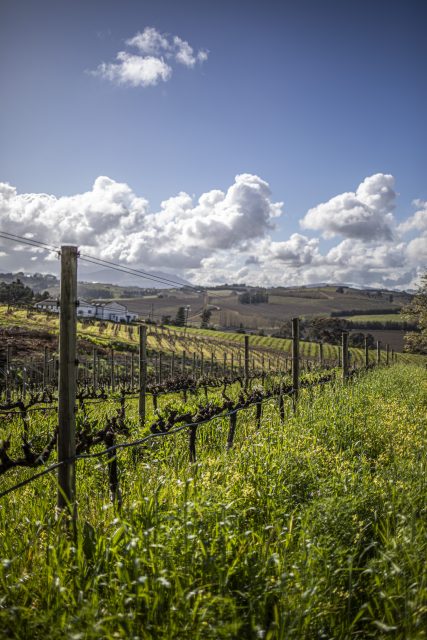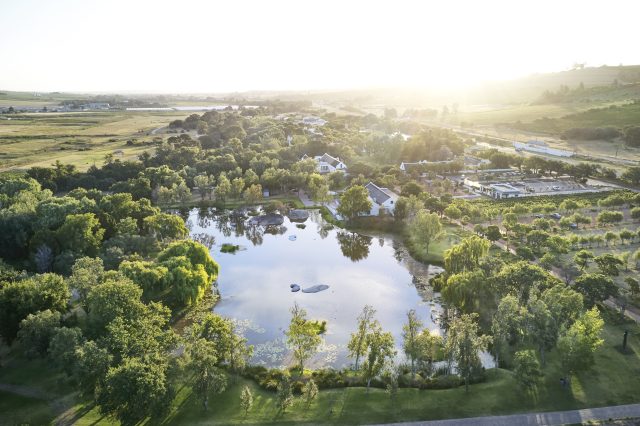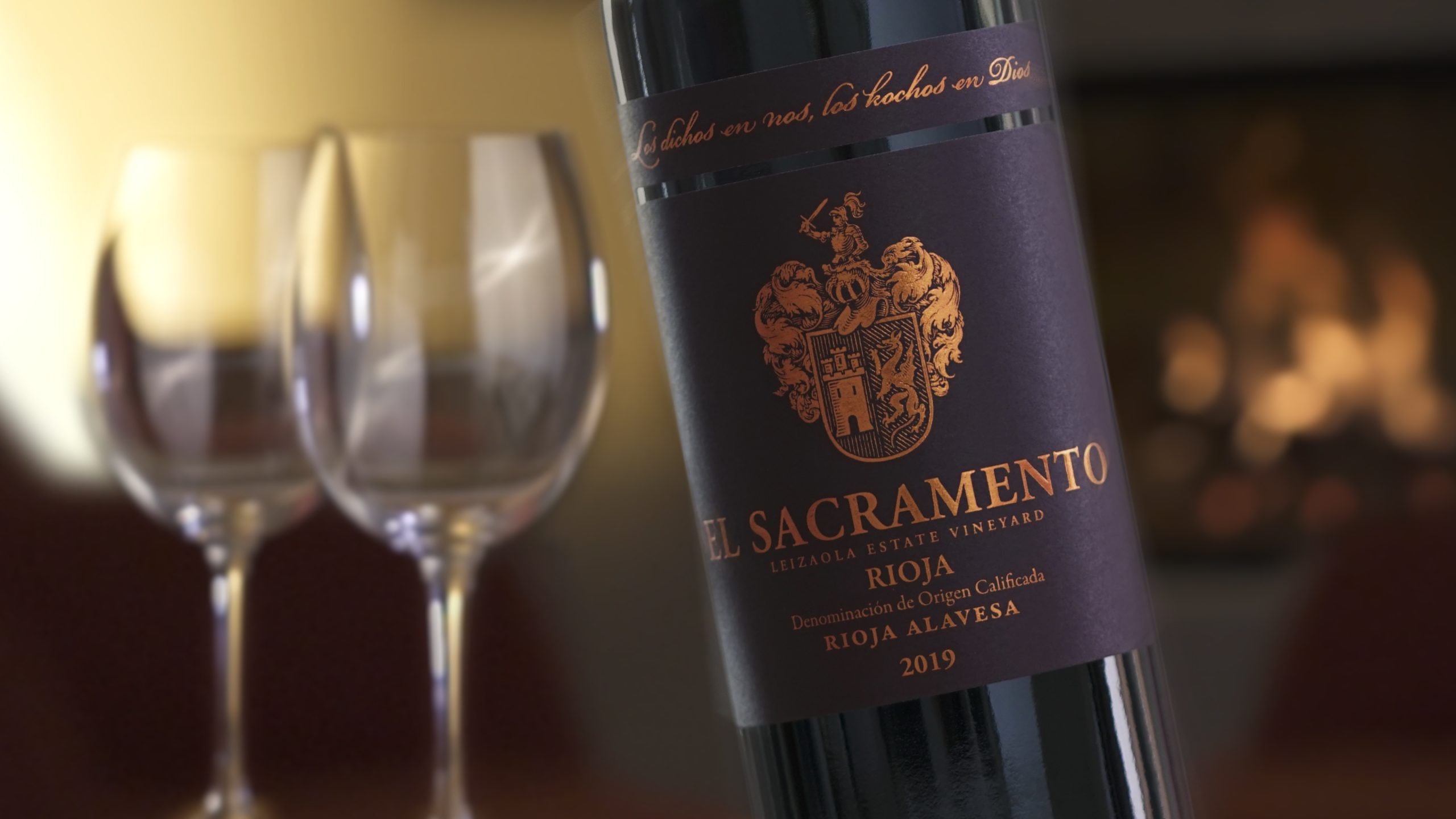Is South Africa due an organic wine revolution?
By Eloise FeildenSouth African terroir dates back almost one billion years, but its modern winemaking culture is still in its infancy. Eloise Feilden finds out about the country’s newly-formed organic wine association — the first in its history.

In a new move for the South African wine industry, 11 wineries came together in September to form Organic Wines South Africa, an association of certified producers which aims to promote the development of sustainable production in the country.
Total global sales of organic wine grew from 29m cases in 2012 to 71m cases in 2022, rising 145%, according to IWSR data. Over the same period, sales of non-organic wine fell 14.2% from 2.4bn cases to 2.06bn cases, and continue to decline.
Organic Wines South Africa estimates that there are between two and three dozen organic wineries in the country today, accounting for less than 1% of production. As such, South Africa is behind the curve when it comes to making and marketing wine organically.
This is a gap that the new organisation is here to fill. In a press release announcing its formation, the group said: “As we lag behind the more advanced global wine regions, there is a significant opportunity to be seized, and market share readily available. Organic Wines SA aims to seize this opportunity and to significantly develop the sector within South Africa.”
Its members aim to advance the sector via information sharing and the pooling of technical experience and expertise, while collaborating in collective marketing, the association said.
The membership has appointed the following management committee:
• Chairperson : Alex Dale, Radford Dale Organic Estate
• Treasurer : Johan Reyneke, Reyneke Wines
• Secretary : Tyrrel Myburgh, Joostenberg Estate
Partner Content
Radford Dale is one of the wineries at the heart of the association. “We seem to have lost our way,” Jacques de Klerk, the producer’s viticulturist and winemaker, said of the country’s wine industry. According to de Klerk, South African viticulture has been dominated by “reactive farming”, which takes the approach that “for any conceivable problem there was a chemical solution”. The prevalence of large-scale cooperative wineries is partly responsible for this, and affordability has been a driving force for the majority of wines in the country until recently.

“There has been very little incentive to do the hard graft of converting vineyards and sacrificing yields. The expense that is required to do this successfully has deterred a lot of growers,” de Klerk explained. “The thought of going organic provides another layer of difficulty that most don’t have the capacity to deal with, based on the kind of income they are able to generate from their vines.”
Producers are perhaps right to be sceptical. Organic viticulture brings with it a whole host of issues, both financial and practical. Berry Bros. & Rudd senoir buyer Cat Felstead MW told db: “Organics is a bit of a mixed bag; it’s not all perfectly green and healthy – there are some not so healthy parts.”
Greenwashing, which has come to be something of a buzzword around sustainability, is a major concern for the new association and its founding members. In a bid to tackle the issue, the group has chosen to limit membership to certified organic and/or certified biodynamic wine producers, although resources used or created by the group will be open to all.

Siobhan Thompson is CEO of Wines of South Africa (WOSA), a not-for-profit organisation which represents the country’s wine industry. She argued that many producers do farm organically, but are not necessarily certified. “Sometimes this is due to administration and costs. With the often challenging climate conditions in the South African winelands, there can be a requirement for flexibility in winemaking and viticulture, which is perhaps a barrier,” she said. “But there is definitely a commitment to farming for the future generations and organic production is part of that mix.”
But the tide is turning, and South African winemakers are now having to play catch up with consumer sentiment and its shift towards sustainability. WOSA is in full support of the new association and its objectives.
Related news
Wine as a catalyst: the brand tackling poverty in South Africa's Sir Lowry's Pass




